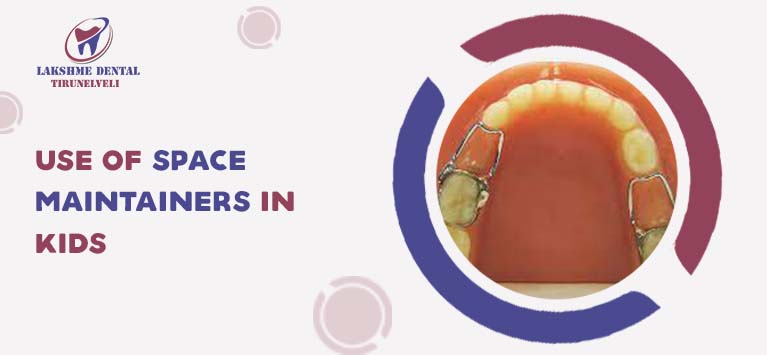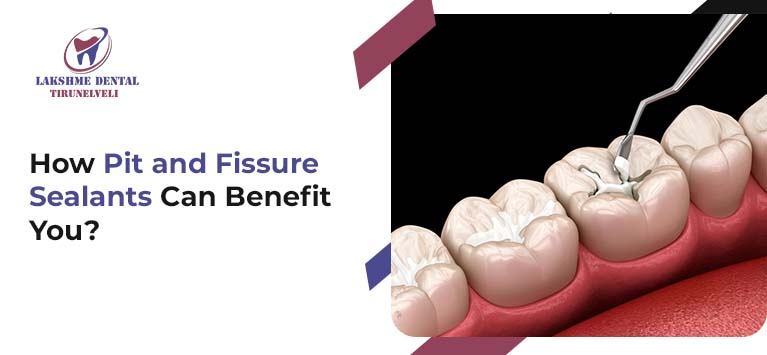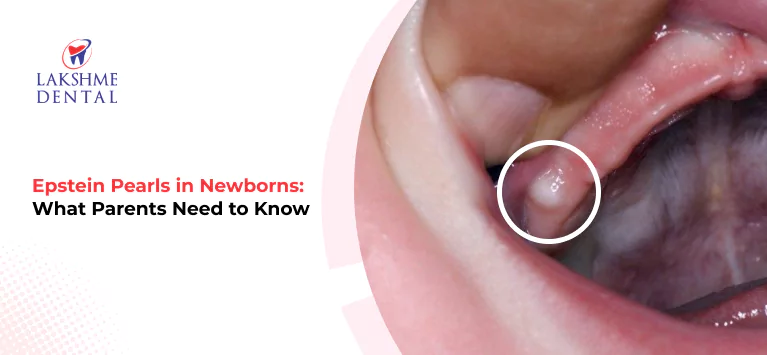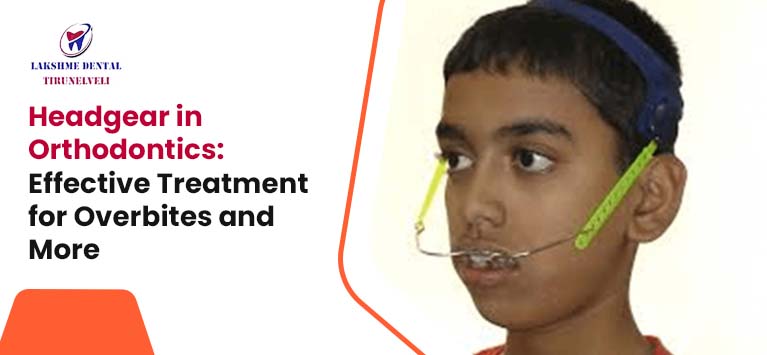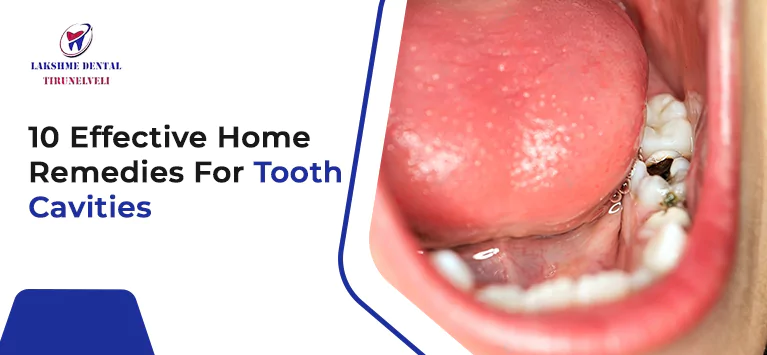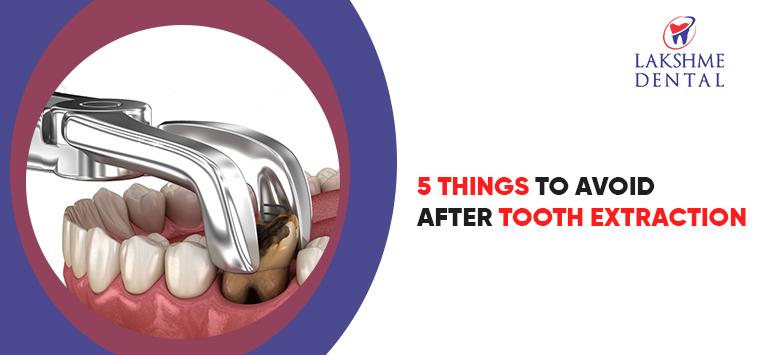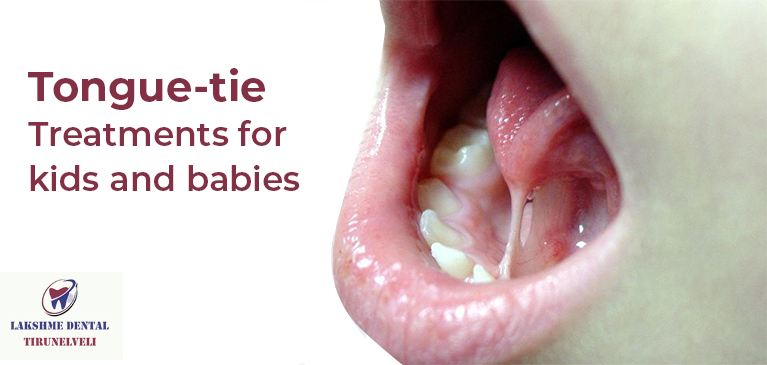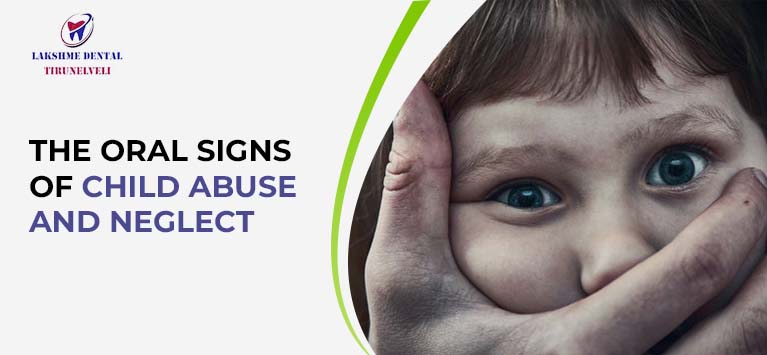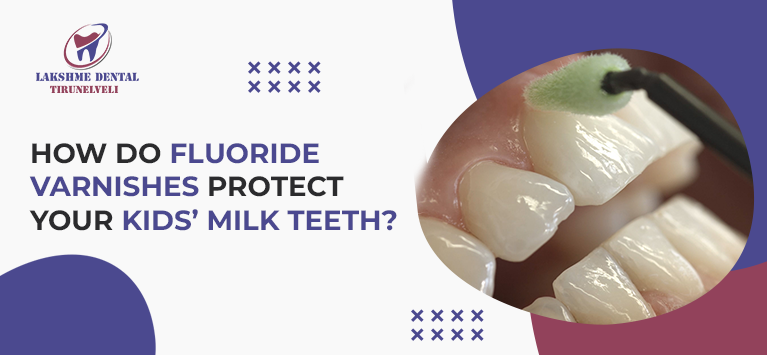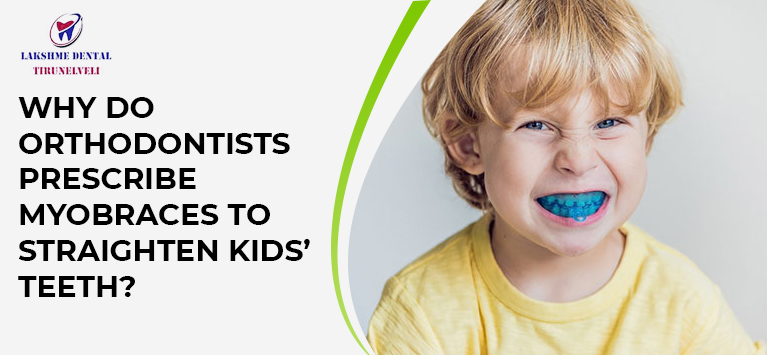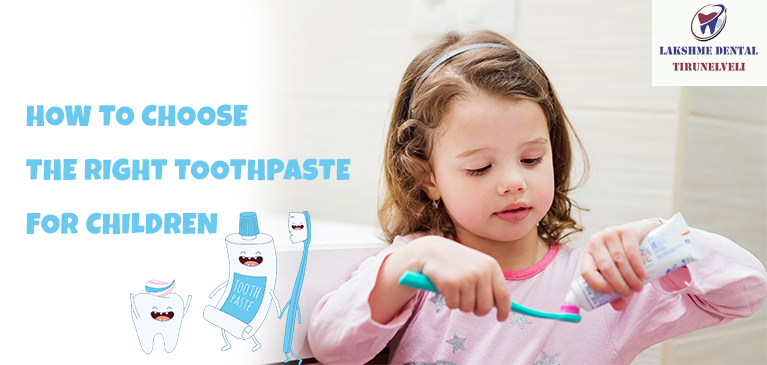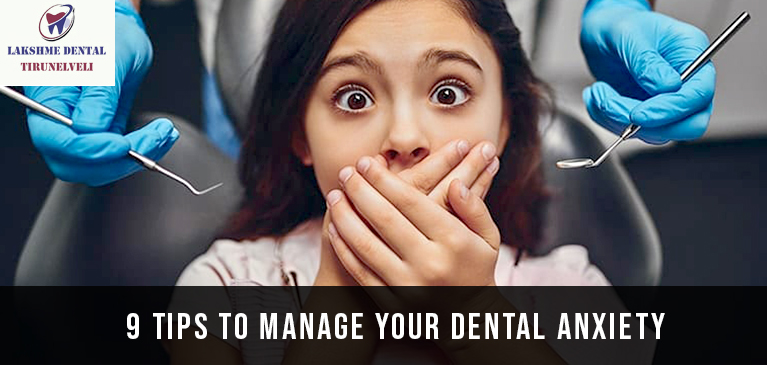
9 Tips to Manage Your Dental Anxiety
Do you sense an irrational fear when you drive to a dental clinic? Have you skipped dental treatments due to your dental anxiety? If yes, this post is for you.
Dental Phobia is a common thing but you should take it seriously. People who are anxious about dental treatments postpone their treatments. Whatever the oral dilemma is, skipping the timely treatment will drag you to a dental emergency that needs expensive dental procedures to treat.
Don’t worry. You are not alone. Every 4 out of 7 people in Asia recorded to scare of oral treatment procedures. The good news is such dental anxiety or phobia can be conquered by emulating some strategies.
1) Find the dental practitioner expertise in treating people with dental phobia
The trust you have in your dentist will reduce the anxiety. Hence it is wise to choose the right dentist who has a good reputation in your locality. Otherwise, ask your family, friends, and others in your close circles to find the best dental practitioner.
Investigate the dentist’s approach to treat dental phobia patients. Make an appointment only if you get satisfactory answers from the dental clinic.
2) Don’t go alone
Take a person who cares about you a lot along with you on the first visit. This is because the feel of your loved ones is with you will keep you more relaxed.
3) Disclose your fears to the dentist
Tell about your fear of dental treatments before the treatment begins. Such revelation helps your dental doctor to take special care or make extended appointments to calm your fear. Likewise, they offer you a way of control. So you can let your dentist know to stop the procedure when you feel uncomfortable.
Meanwhile, dentists switch their approach to wipe off the fear. For instance, explaining the treatment procedure like demonstrating to kids.
4) Listen to your favorite songs
Dentists understand the anxiety of patients and allow appliances like iPods, earphones. Some dental clinics stream TV shows on overhead TVs.
Hearing music or Watching videos during dental treatment will distract your mind from the drilling sounds and soothe your phobia.
5) Identify what fears you
There are an array of things that provoke dental phobia. You should find what scares you in a dental clinic – the sharp utensils or drilling sound or others.
Pinpointing the aspect and informing your dentist while revealing dental cowardice is crucial. Then the dental doctor and his/her staff take care of providing alternatives or minimally utilizing the appliances/techniques that terrify you.
6) Meditate at the dental chair
Meditation is the best way to keep your mind calm and distract from your phobia while a dentist treats your teeth. If you feel hard to cope with the anxiety through medication, give a try at these techniques:
- Silently repeat a mantra you know
- Silently repeat positive quotes like “I am well”, “I will be Okay”
- Focus on your breath
7) Have something to hold
Squeezing a substance you are having in hand is the potential way to cope with pain during medical treatments. It works well to cope with dental anxiety as well.
We recommend that holding objects like stress relief balls, dolls, cloth, hand grief during the treatment.
8) Choose a low-tension time for treatment
Your anxiety level will increase if you book your appointment time amongst your busy schedule. Hence it is better to schedule your dental visit when you will be relaxed or less stressed.
9) Imagine your existence in your favorite place
Visualization technique is quite a rejoicing and funnier way to overwhelm your dental fear. Close your eyes and imagine yourself in your loved spot like beach, park, or other places you have seen in movies.
It looks like you are relaxing in a lovely place without any thought of your dental phobia while your dentist is busy addressing your dental problem.
Bottom line
Dental phobia is not occurring naturally but it happens with anticipating pain, anxiety about the sharp utensils, blood, and unpleasant things that happened during dental treatments in the past, etc. However, dentists repair teeth, gums, and other oral tissues after administering anesthesia. Hence the patient does not have any pain.

